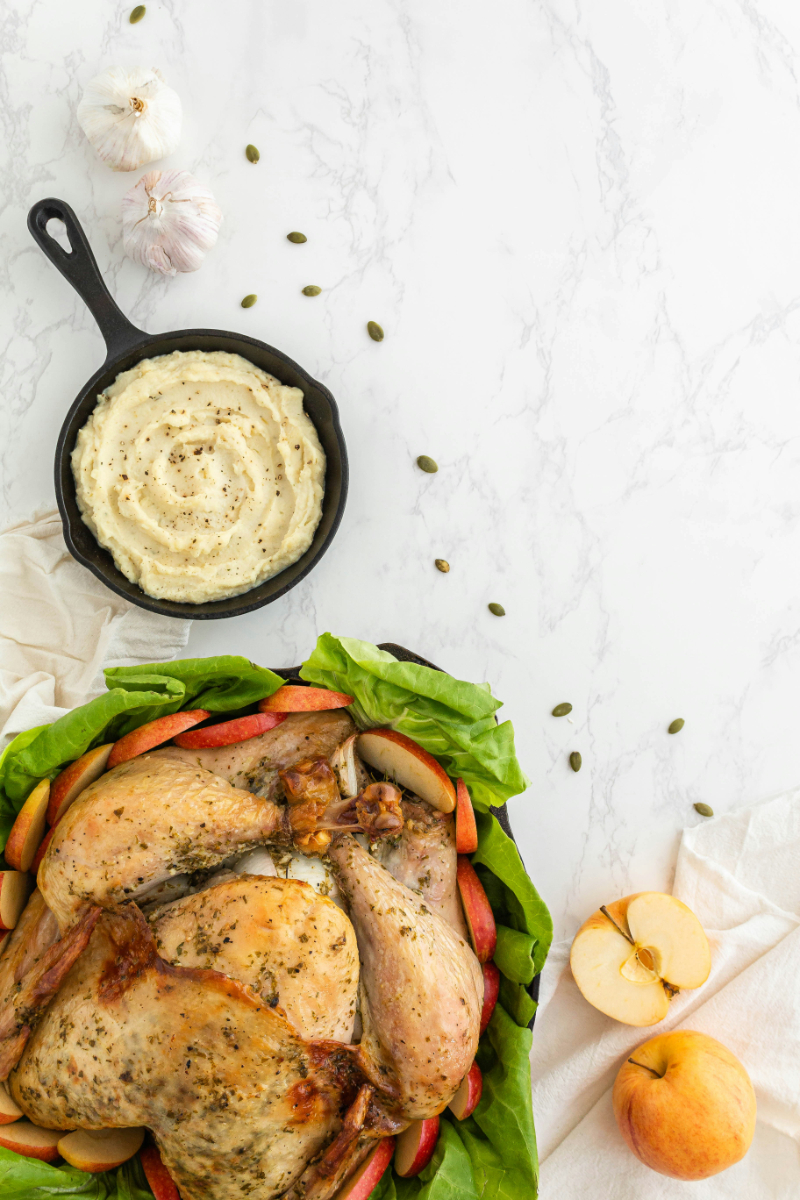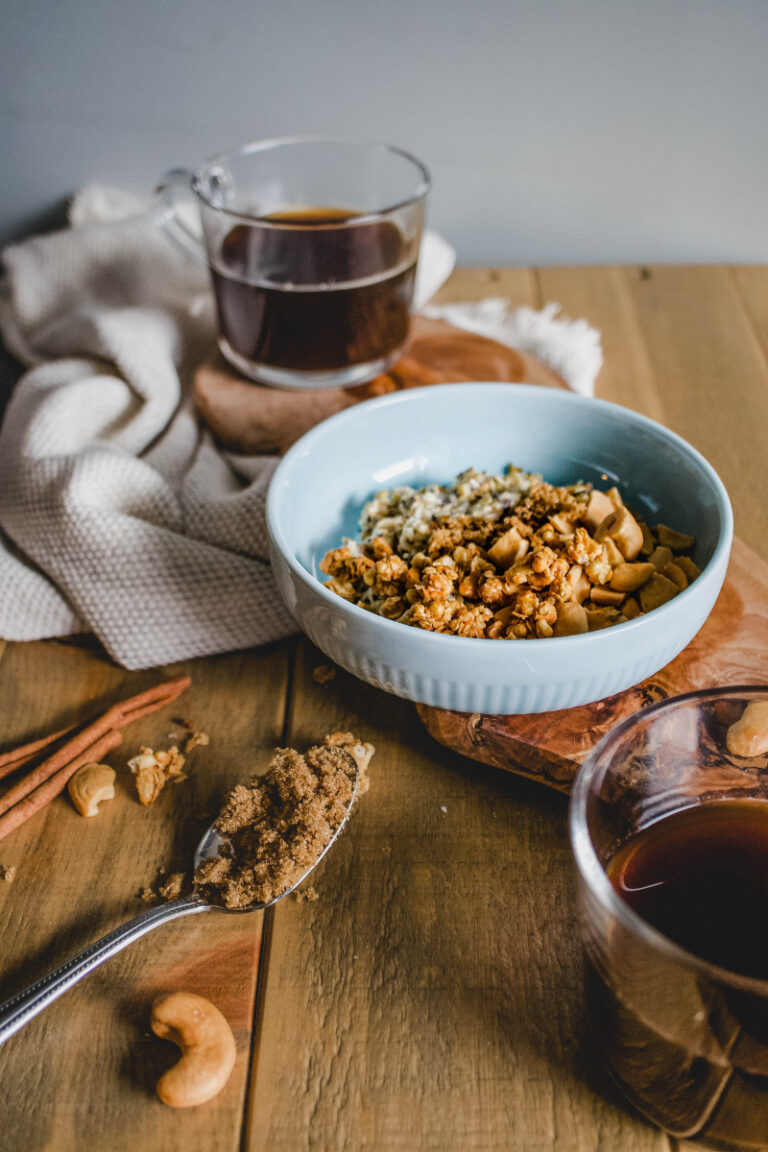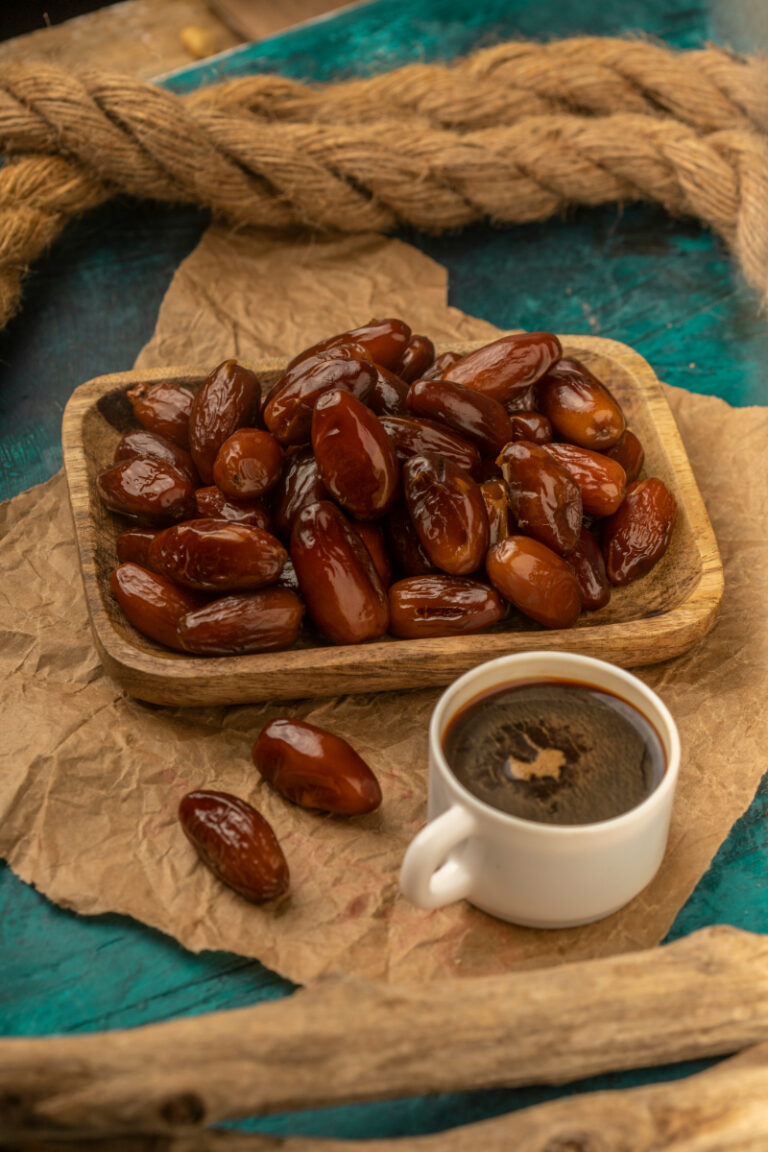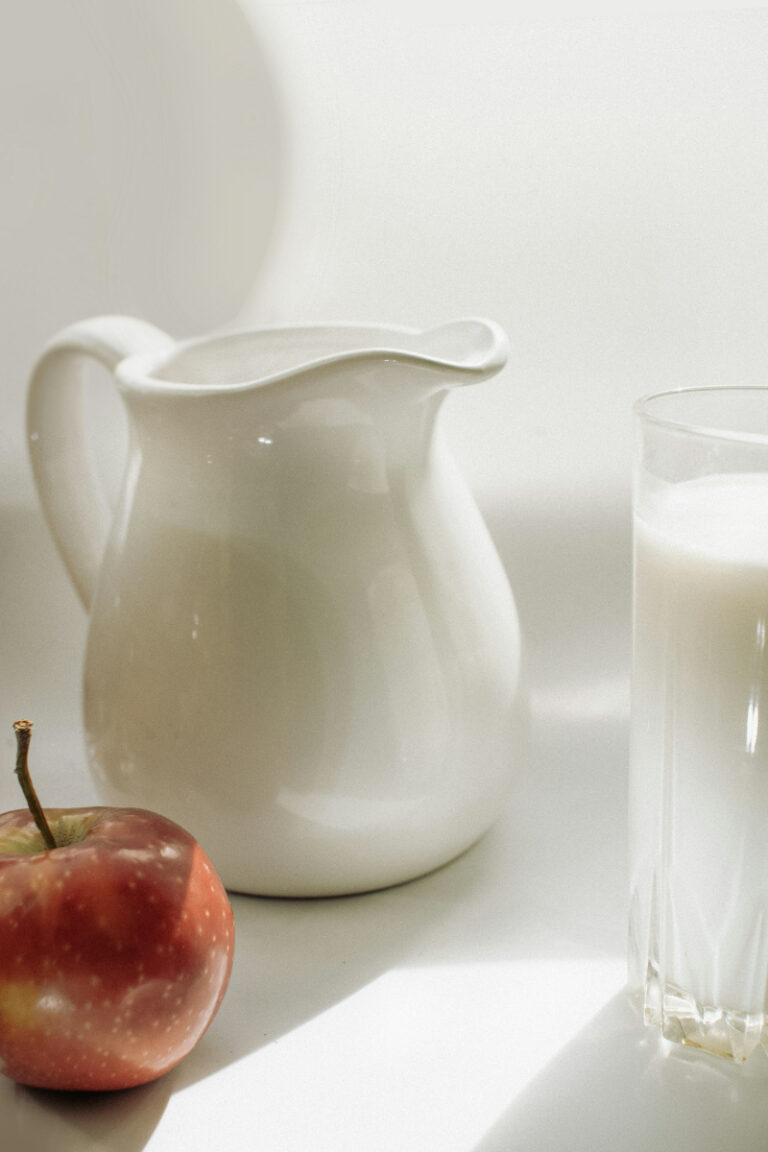How Many Carbs Are in a Cup of Mashed Potatoes? Your Ultimate Guide to Potato Nutrition
Are you wondering how many carbs are in a cup of mashed potatoes? You’re not alone. Mashed potatoes are a popular side dish, but they’re also high in carbohydrates. If you’re watching your carb intake, it’s important to know how many carbs are in your serving of mashed potatoes.
Carbohydrates are an important part of our diet, but too many carbs can lead to weight gain and other health issues. Mashed potatoes are made from potatoes, which are a starchy vegetable. This means that they are high in carbohydrates. The amount of carbs in a cup of mashed potatoes can vary depending on how they are prepared and what ingredients are added.
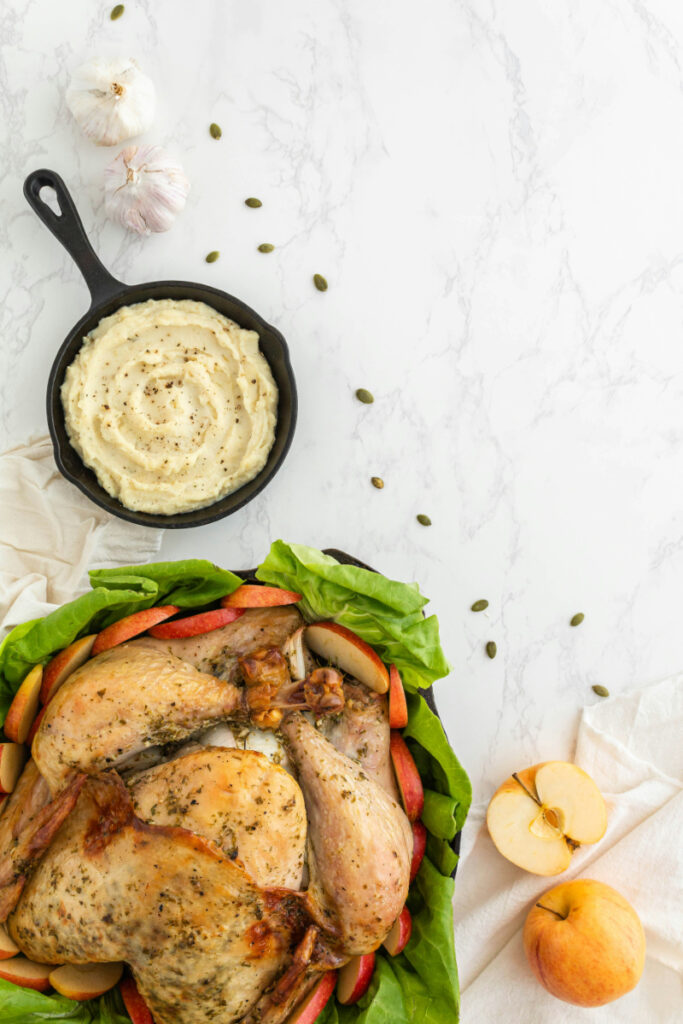
Nutritional Profile of Mashed Potatoes
Mashed potatoes are a popular side dish made from boiled and mashed potatoes. They are a good source of carbohydrates, vitamins, and minerals. Here is a breakdown of the nutritional profile of mashed potatoes.
Carbohydrate Content
Mashed potatoes are high in carbohydrates. One cup of mashed potatoes contains approximately 33 grams of carbohydrates [1]. The majority of these carbohydrates come from starch, which is a complex carbohydrate that provides sustained energy to the body. Mashed potatoes also contain small amounts of simple sugars, such as glucose and fructose.
Vitamins and Minerals
Mashed potatoes are a good source of vitamins and minerals. They contain vitamin C, which is an antioxidant that helps boost the immune system and promote healthy skin. Mashed potatoes also contain vitamin B6, which is important for brain function and the production of red blood cells. In addition, mashed potatoes are a good source of potassium, which helps regulate blood pressure and support muscle function [2].
Fiber and Protein Levels
Mashed potatoes are not a significant source of fiber or protein. One cup of mashed potatoes contains only 2.7 grams of fiber and 4.3 grams of protein [1]. However, you can increase the fiber and protein content of mashed potatoes by adding vegetables, such as carrots or peas, or by topping them with a protein-rich food, such as grilled chicken or tofu.
In conclusion, mashed potatoes are a delicious and nutritious side dish that can be enjoyed as part of a balanced diet. They are high in carbohydrates and a good source of vitamins and minerals, but low in fiber and protein. By adding other nutrient-rich foods to your mashed potatoes, you can increase their overall nutritional value.
References:
- Calories in 1 cup of Mashed Potato and Nutrition Facts – FatSecret
- Potassium: Fact Sheet for Health Professionals – National Institutes of Health
Factors Affecting Carb Content
Potato Type
The type of potato used in mashed potatoes can affect the carb content. Some types of potatoes, such as russet potatoes, have a higher starch content than others, which means they have more carbs. For example, a cup of mashed russet potatoes contains around 35 grams of carbs, while a cup of mashed sweet potatoes contains around 58 grams of carbs.
Preparation Method
The preparation method can also affect the carb content of mashed potatoes. Adding butter, milk, or cream to mashed potatoes can increase the carb content. For example, a cup of mashed potatoes made with whole milk and butter contains around 35 grams of carbs, while a cup of mashed potatoes made with skim milk and no butter contains around 24 grams of carbs.
Additionally, the way the potatoes are cooked can affect their carb content. Boiling potatoes in water can cause some of the starch to leach out, resulting in lower carb content. However, frying or roasting potatoes can cause them to absorb more oil, which can increase their carb content.
It’s important to keep in mind that while mashed potatoes can be a tasty and satisfying side dish, they do contain carbs. If you’re watching your carb intake, consider using lower-carb alternatives, such as cauliflower mash or mashed turnips.
Comparing Mashed Potatoes to Other Foods
When it comes to carbohydrates, mashed potatoes fall somewhere in the middle of the spectrum. While they are not as high in carbs as some foods, they are not as low in carbs as others. Here’s a comparison of mashed potatoes with other popular foods:
Carbs in Mashed Potatoes vs. Rice
A cup of cooked white rice contains around 45 grams of carbohydrates, while a cup of mashed potatoes contains around 35 grams of carbohydrates. This means that mashed potatoes are a slightly better option if you’re looking to cut back on carbs. However, it’s worth noting that rice is a good source of fiber, while mashed potatoes are not.
Carbs in Mashed Potatoes vs. Pasta
A cup of cooked spaghetti contains around 43 grams of carbohydrates, while a cup of mashed potatoes contains around 35 grams of carbohydrates. Once again, mashed potatoes come out on top if you’re looking to reduce your carb intake. However, pasta is a good source of protein, while mashed potatoes are not.
Overall, mashed potatoes are a good option if you’re looking for a starchy side dish that’s not too high in carbs. However, if you’re looking for a low-carb option, there are other foods that are better suited to your needs.
